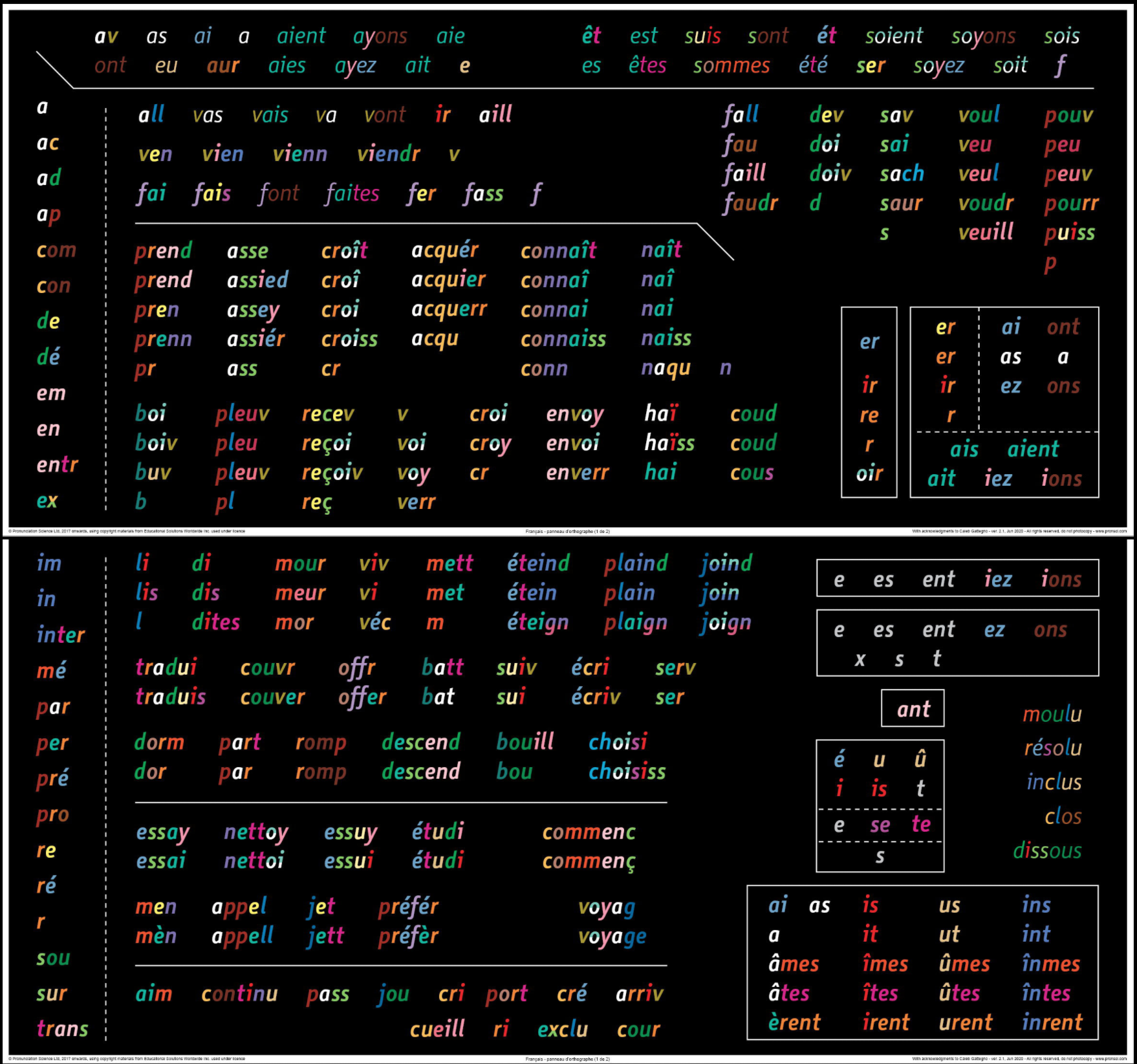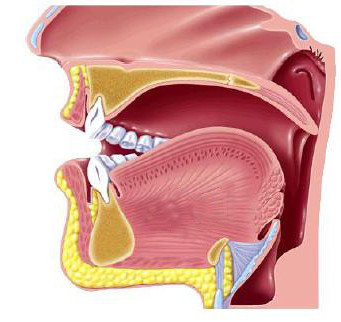Are you feeling overwhelmed by the prospect of mastering a new language? Perhaps you’ve been led to believe that memorizing thousands of words is the only path to fluency. But what if I told you there’s a more efficient, less daunting approach to language learning? Today, I’m here to debunk the myth of vocabulary memorization and unveil a strategy that empowers you to conquer new languages with confidence.

Let’s confront the common misconception head-on: languages are often perceived as vast reservoirs of words, each seemingly indispensable to achieving proficiency. However, the reality is far more manageable. In fact, native speakers rely on a relatively small subset of words—around 2,000 to 3,000 in daily conversation. Shockingly, an even tinier fraction—less than 400 function words—accounts for more than half of our spoken language.
So, what does this mean for you, the language learner? It means liberation from the shackles of endless word lists and mind-numbing memorization techniques. Instead, let’s reframe our approach to language acquisition, starting with prioritizing the skills that truly matter.
Picture this: a language course that places speaking skills at the forefront, guiding you through a journey where vocabulary acquisition becomes a natural byproduct of your linguistic exploration. Here’s how it works:
1. Focus on Function Words: At the beginner level, prioritize function words—the essential building blocks of communication. By concentrating on a core set of around 400 words, each requiring ample practice and reinforcement, you’ll lay a solid foundation for future language proficiency.
2. Embrace Everyday Vocabulary: As you progress to intermediate levels, shift your focus to words relevant to daily life. These common words, encountered frequently in conversations and real-world scenarios, seamlessly integrate into your language toolkit. Plus, by gravitating towards words that resonate with your interests, you’ll forge stronger connections and accelerate your vocabulary growth.
3. Explore Specialized Vocabulary: At advanced levels, delve into specialized vocabulary tailored to your fields of study or personal interests. With pronunciation and sentence structure mastered in earlier stages, you’ll find that assimilating complex words becomes a natural progression. Each new word builds upon your existing foundation, fostering exponential growth and linguistic fluency.
4. Conversational Proficiency: As you strive for conversational fluency, prioritize practical communication within your areas of expertise. And for those inclined towards reading, fear not the vast expanse of 170,000 words. Contextual clues abound, enabling you to decipher unfamiliar words with ease.
In essence, language learning transcends the rote memorization of vocabulary lists. It’s about embracing a holistic approach—one that prioritizes speaking skills and contextual relevance. So, let’s bid farewell to the notion of endless word lists and embrace a journey where language acquisition flows effortlessly, one conversation at a time.
Ready to embark on your linguistic adventure? Let’s dive in and discover the joy of language learning together!





Leave a Reply